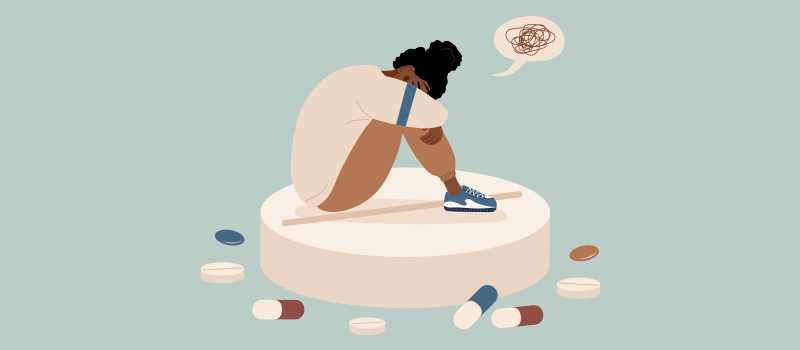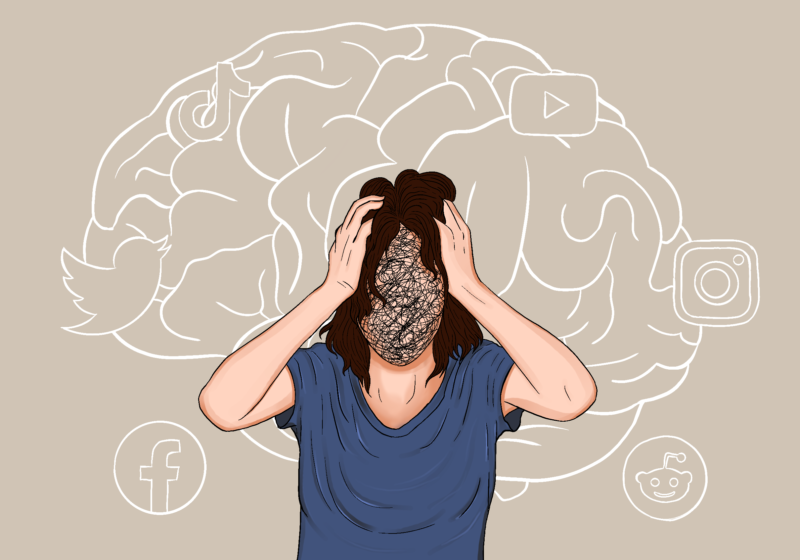There are many different levels of care to address various mental health and addiction treatment needs. Suppose you are one of the millions who struggle with an addiction, symptoms of a mental health condition, or dual diagnosis (addiction and mental illness that occur together). In that case, there are thousands of treatment centers across the United States with highly skilled treatment staff who can help your recovery. If you have started researching treatment options, you may have noticed there are different “kinds.” Also referred to as levels of care, many treatment centers offer inpatient, outpatient, and intensive outpatient programs or IOPs. Depending on your unique treatment needs or goals, one level of care may be more helpful than another.
What Is an IOP for Mental Health Near Me?
Intensive outpatient programs share many similarities with inpatient programs for mental health. At an IOP, you will receive the same level of treatment services found in a residential environment but in an outpatient setting. At an inpatient or residential treatment center, you must stay on-site throughout the duration of your treatment program, whereas an IOP does not. Intensive outpatient programs are often an excellent stepping-stone for those who’ve completed an inpatient residential program but are not ready yet to integrate back into their home environment without continued support. IOPs are also an excellent option for someone who has mild to moderate symptoms and a strong and safe support system at home.
Intensive outpatient rehabs use several different therapy models to help patients achieve their treatment goals. The most common of these include cognitive-behavioral therapy (CBT), dialectical behavior therapy (DBT), motivational interviewing, and similar behavioral therapy models. Each of these evidence-based therapy models has proven beneficial in treating both mental health and addiction treatment needs. Some intensive outpatient programs also incorporate 12-step programs (or similar secular programs).
When you choose an IOP for mental health, the first step in your treatment plan is often an evaluation. This important step helps your therapy and treatment team better understand your individual needs. After your assessment is complete, the treatment team at the intensive outpatient rehab will work with you to develop an individualized treatment plan based on your desired treatment outcomes. At an IOP for mental health, you will attend treatment for a set number of hours each day. The number of hours and how long your program lasts will depend on various factors unique to you, such as the severity of your condition and whether you have a co-occurring disorder. During treatment, you will meet for multiple group and individual sessions designed to help develop essential long-term health and wellness skills. Therapy sessions in an intensive outpatient program are comprised of a combination of settings, including individual counseling, group therapy, family therapy, and 12-step groups.
How To Know if You Should Go to an IOP for Mental Health
Choosing an IOP for mental health may help you overcome the challenges you experience related to mental health. If you are unsure if an IOP is the right choice for you, contact your mental health provider, primary care provider, or a member of the admissions team at Relevance Recovery. They can work with you to determine if the level of care provided at an IOP meets your treatment needs.
If you or a loved one struggles with a mental health condition, addiction, or a dual diagnosis condition, seeking help at an IOP for mental health can help you overcome your struggles and begin a journey towards lasting physical, psychological and spiritual wellness. To learn more about our IOP for mental health in Freehold, NJ, contact our admissions team today.









